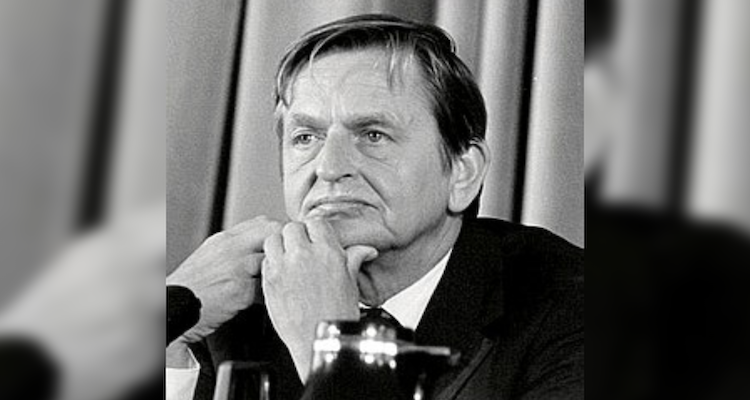Amit Shah Becomes India’s Longest-Serving Union Home Minister: A Tenure of Transformation

Amit Shah becomes India’s longest-serving Union Home Minister, surpassing L.K. Advani’s record. Explore his journey from Gujarat politics to reshaping national security, landmark reforms, and the future of the Ministry of Home Affairs.
Charting New Directions in Internal Security and Governance
Introduction: A Milestone in Indian Political Leadership
In a momentous development for Indian governance, Amit Shah has emerged as the country’s longest-serving Union Home Minister, eclipsing the tenures of political stalwarts like L.K. Advani and Sardar Vallabhbhai Patel. With over 2,258 days in office, Shah’s leadership marks not just a longevity record, but signifies profound transformation in India’s approach to internal security, lawmaking, and peace-building.
Context & Background: A Legacy Built Over Decades
Amit Shah’s rise to this position is forged through decades of relentless political engagement. Born on October 22, 1964, in Mumbai to a Gujarati family, Shah’s introduction to public life began early. As a 16-year-old in 1980, he joined the Rashtriya Swayamsevak Sangh (RSS), later immersing himself in the Akhil Bharatiya Vidyarthi Parishad (ABVP), which honed his political instincts and networks.
Before stepping onto the national stage, Shah served as the Home Minister of Gujarat, aligning his trajectory with that of Narendra Modi, then Chief Minister. His strategic acumen and grassroots connection led to his historic election as the youngest Bharatiya Janata Party (BJP) president at just 49 in 2014. In 2019, Shah won the prestigious Gandhinagar Lok Sabha seat and was appointed Union Home Minister, becoming one of the youngest to hold the post at 54. His 2024 re-election and subsequent second term as Home Minister are testaments to sustained confidence in his leadership.
Main Developments: Transformative Decisions and National Impact
Amit Shah’s tenure is set apart by sweeping policy decisions and audacious reforms.
1. Abrogation of Article 370:
Perhaps the most defining act under Shah’s stewardship was the abrogation of Article 370, which revoked the special status of Jammu & Kashmir. This bold move altered the state’s constitutional relationship with India and set the stage for its reorganization and integration.
2. Criminal Justice Overhaul — New Laws for a New Era:
Shah spearheaded the enactment of three historic legislations — Bharatiya Nyaya Sanhita, Bharatiya Nagarik Suraksha Sanhita, and Bharatiya Sakshya Adhiniyam. These replaced colonial-era laws — the Indian Penal Code, Code of Criminal Procedure, and Indian Evidence Act of 1872. The new legal framework, effective from July 1, 2024, aims to modernize India’s justice system, emphasizing efficiency, victim rights, and evidence-based processes.
3. Citizenship Amendment Act (CAA):
The passage of the CAA under Shah’s watch reflected his government’s commitment to sheltering persecuted minorities from Pakistan, Bangladesh, and Afghanistan. Though controversial and the subject of widespread protests, its implementation remains a major policy landmark.
4. Tackling Naxalism and Insurgency:
Amit Shah set an ambitious deadline to eliminate the Naxal insurgency by March 31, 2026, and has achieved significant milestones, reclaiming several territories from the insurgents. Additionally, his efforts in the Northeast yielded twelve peace agreements with various insurgent groups, culminating in the surrender of over 10,000 militants—with arms—thus facilitating unprecedented stability in the region.
Expert Insight and Public Reaction: Navigating a Polarized Landscape
Political analysts attribute Shah’s longevity to his results-driven leadership and ability to navigate complex policy terrains. Dr. Priya Sharma, a professor of political science at Delhi University, observes, “Shah’s blend of grassroots strategy and top-level direction has redefined the Ministry of Home Affairs, balancing security priorities with structural reforms.”
Public reaction to Shah’s policies, however, is mixed. Supporters commend his firmness on national security and efforts at legal modernization. Detractors point to contentious reforms like the CAA, which have sparked nationwide debates about citizenship and pluralism. Social media platforms and public forums reflect a vibrant, if polarized, conversation about his legacy.
Impact and Implications: What Does This Mean for India?
Amit Shah’s enduring presence at the helm of the Ministry of Home Affairs ensures continuity in internal security initiatives and reform agendas. The overhaul of criminal laws lays a foundation for swifter justice. The Northeast peace process and anti-Naxal operations project growing calm in once-volatile areas, promising avenues for development and integration.
Looking ahead, the success or failure of his vow to end Naxal insurgency by 2026 will be closely watched. Effective implementation of legal reforms and furthering peace-brokering in strategic states will shape India’s domestic landscape. The continued debates around citizenship and identity, particularly post-CAA, hint at evolving public discourse and civic action.
Conclusion: Reflecting on a Defining Leadership Epoch
Amit Shah’s record-setting stint as India’s Union Home Minister is more than a chronicle of days in office—it encapsulates a period of determined change, assertive governance, and deepening engagement with India’s internal challenges. As he steers the Ministry into his next term, the nation watches his next moves, aware that his policies will leave lasting imprints on the country’s social, political, and security fabric.
Disclaimer: This article is original and intended for informational purposes only. It reflects publicly available facts and analysis as of August 2025. The views and interpretations herein do not represent official positions of the Government of India or related agencies.










